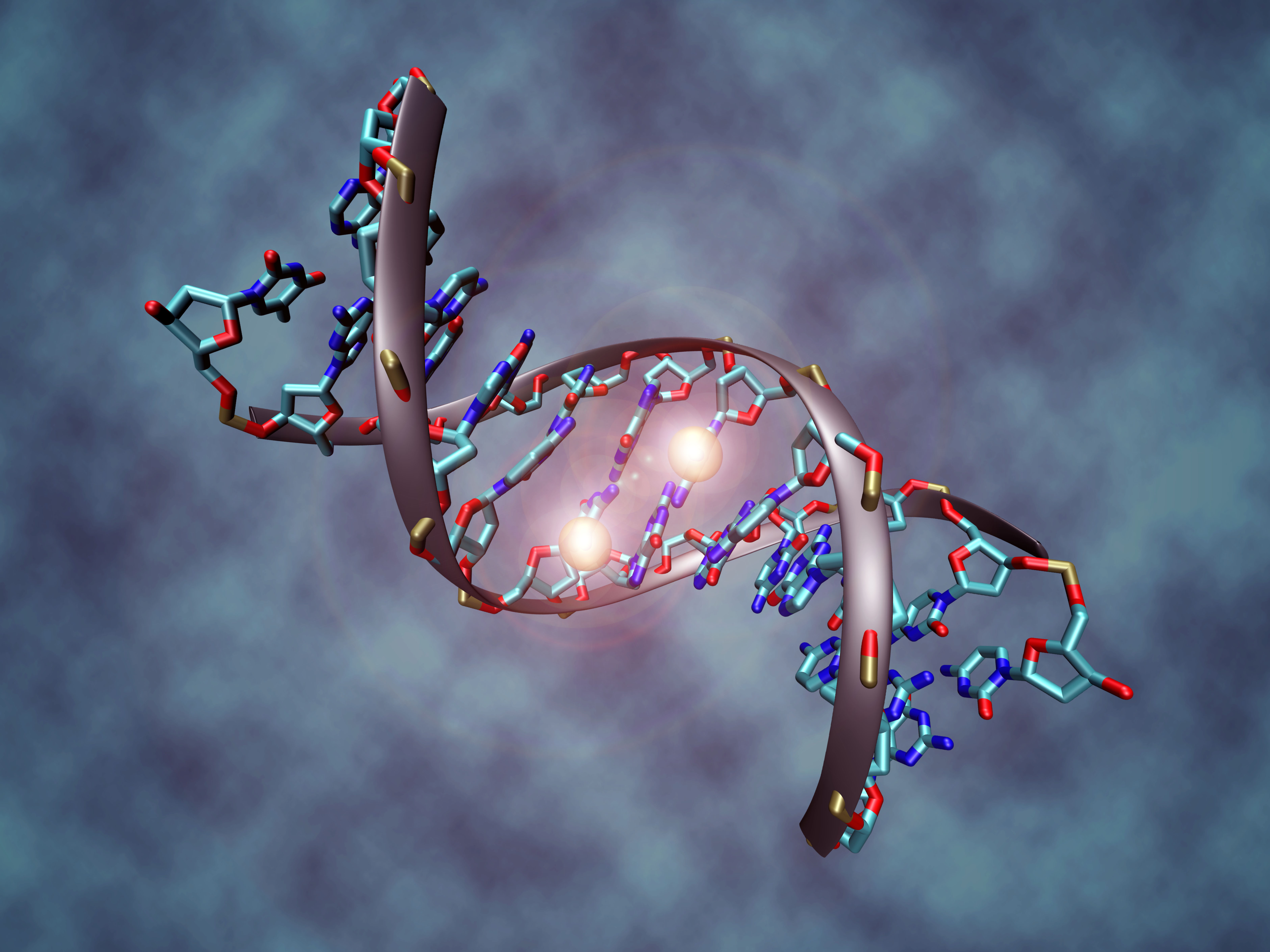 |
| Bock, Christoph. "DNA Methylation" via Wikipedia. February 18, 2006. Attribution Sharealike 3.0 Unported License. |
- Students in my program, Biochemistry, study the chemical processes within living organisms. This includes the reactions within the human body, which I personally find interesting, as well as reactions within the world around us- involving something as simple as a tree's ability to heal itself. We also learn basic scientific principles that can be applied to real-world problems in order to help us learn about solutions.
What do people who get degrees in this field usually go on to do for work?
- People who get degrees in this field usually go on to work for science labs (private or public), universities, and even begin conducting research right off the bat. There is an array of options available, from becoming a pharmatician to dealing in forensic science.
What drew you to this field?
- Well, math and science come particularly easy to me (in some aspects), and I really enjoy knowing and discovering things. Within biochemistry, the thing that attracted me the most to the field was the opportunity to do genetic research. Genetics is an interesting thing to study because the possibility to manipulate a living organism's DNA is absolutely insane to think about and even crazier to do.
Who are the leaders/most exciting people involved in your field right now? Why?
- There aren't any main 'leaders' in my field, as the field isn't that large to have founders, but if I had to choose someone who first got me interested in biochemistry, it would be a professor at Harvard University who conducts research within the realm of genetics, Steven McCaroll, Ph.D. He studies how certain genome variations affect certain parts of the brain in disorders, which is a concept I would like to study, but apply it to cancer research.
What are the leading academic/scholarly journals in your field? Where are they published?
- Biochemical Journal is one of the leading journal databases that keeps up with ground-breaking theories and new concepts that develop rapidly.
- The Journal of Biological Chemistry is another database that allows someone to search for specific articles using author, year, volume, etc.
- Hindawi Publishing is also a top biochemistry journal that is international and has an acceptance rate of 6%.
Reflection
After looking at Swati's and Chloe's disciplines, and reading about what they want to do with their lives, I am a bit more comfortable with my major. I'm still not 100% sure what I want to do with my life, but biochemistry as a major gives me a lot of freedom within the sciences to test out the field and see what I really want. I don't have my life as together like my other classmates, but I like that I am open to exploring. Science is always a growing field, though, so that is comforting. I know I will most likely have a job when I exit college.
After looking at Swati's and Chloe's disciplines, and reading about what they want to do with their lives, I am a bit more comfortable with my major. I'm still not 100% sure what I want to do with my life, but biochemistry as a major gives me a lot of freedom within the sciences to test out the field and see what I really want. I don't have my life as together like my other classmates, but I like that I am open to exploring. Science is always a growing field, though, so that is comforting. I know I will most likely have a job when I exit college.
I totally agree that science isn't for everyone but for certain people, and like you, I am proud to be one of those people. And though we've chosen majors, they are so broad that we don't know what we are going to do with them. Like you said though, science is always growing so the options are endless. I find your major fascinating!
ReplyDelete